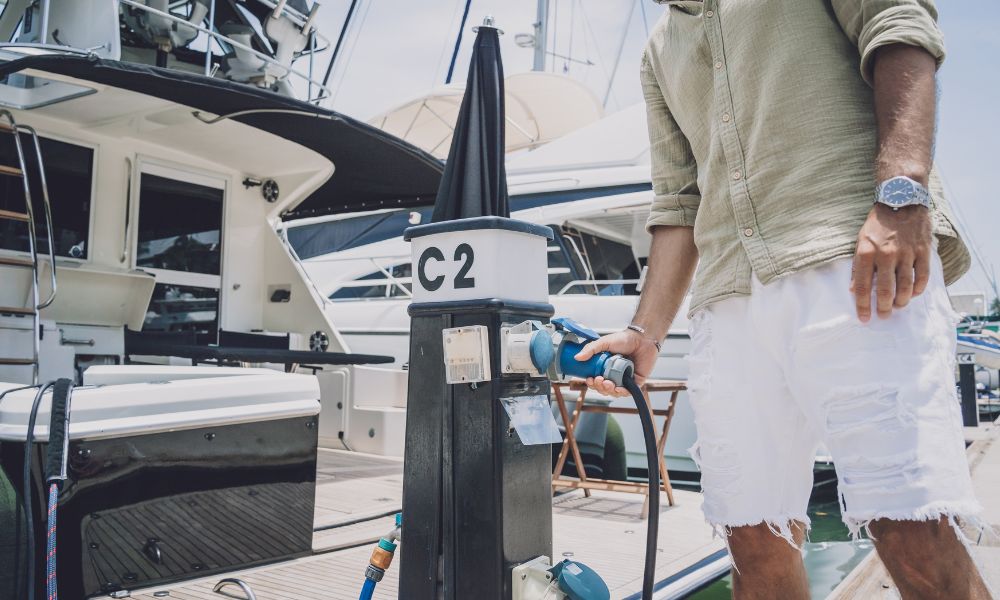Boating is an enjoyable pastime that many people have come to love. It’s important that those who love spending time on the water ensure all equipment on their boat is functioning smoothly. One of the critical components on any boat is the marine battery, which powers equipment such as lights, radio, navigational tools, and the trolling motor. Here, we’ll discuss what voltage is in marine batteries.
Common Voltages
Marine batteries vary in voltage, and the two most common types are 12-volt and 24-volt. These batteries differ in their voltage ratings and capacity, which is their ability to store and supply power. A 12-volt battery is the most common type, with six cells, each producing 2.1 volts, totaling 12.6 volts when fully charged. A 24-volt battery, on the other hand, has twelve cells, each producing 2.1 volts, which equals 25.2 volts when fully charged.
How Voltage Affects Power Output
Understanding your boat battery’s voltage is essential for your safety and the integrity of the cell. The voltage of a battery affects how much power it can supply over a given time. As a rule of thumb, a 12-volt battery can deliver approximately 100 amp-hours, while a 24-volt battery can supply twice that amount. Therefore, if you have a lot of electronic equipment on your boat or a more massive boat, you may need a battery with a higher voltage to meet your power demands.
Cutoff Voltage
It is essential to remember that marine batteries are not infinite sources of power. The voltage is an indication of how much power the battery stores, and as you use the battery, the voltage will drop until it reaches its lowest point, called the cutoff voltage. When the battery reaches this point, it is time to recharge it. Discharging a battery beyond the cutoff voltage can cause irreversible damage to the battery, and it may not hold a charge.
Charging
There are many beginner boats for first-time buyers, but each of their batteries must be recharged between outings. It’s crucial to use a charger specifically designed for marine batteries. These chargers are designed to reach their maximum voltage quickly and maintain a constant voltage for a more extended period. A regular charger may overcharge or not charge a marine battery fully, leading to a shorter lifespan.
Power Your Boat
Boat owners should understand the importance of battery voltage when out on the water. A battery’s voltage varies depending on its capacity and determines how much power it can supply to the boat’s equipment. Remembering to recharge the batteries before they reach the cutoff voltage is crucial and will prevent irreversible damage. With these basic principles of voltage in marine batteries, you can power your boat’s equipment with confidence and enjoy your time on the water.


